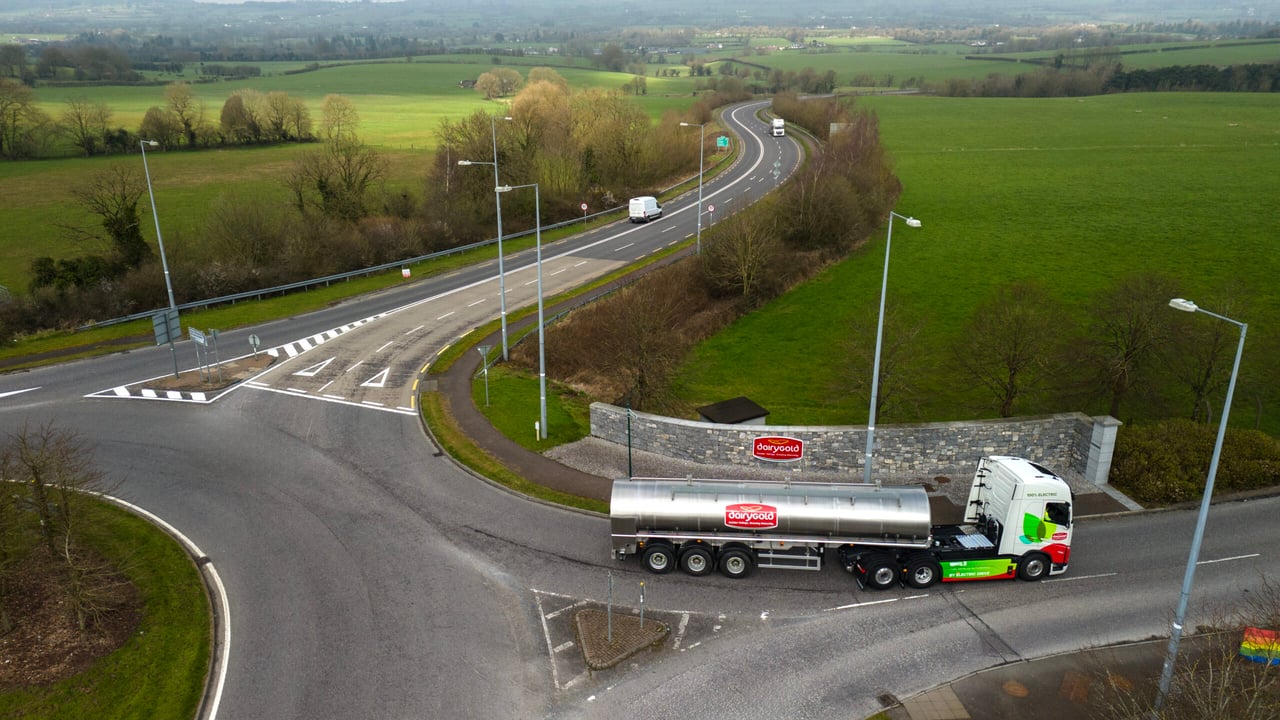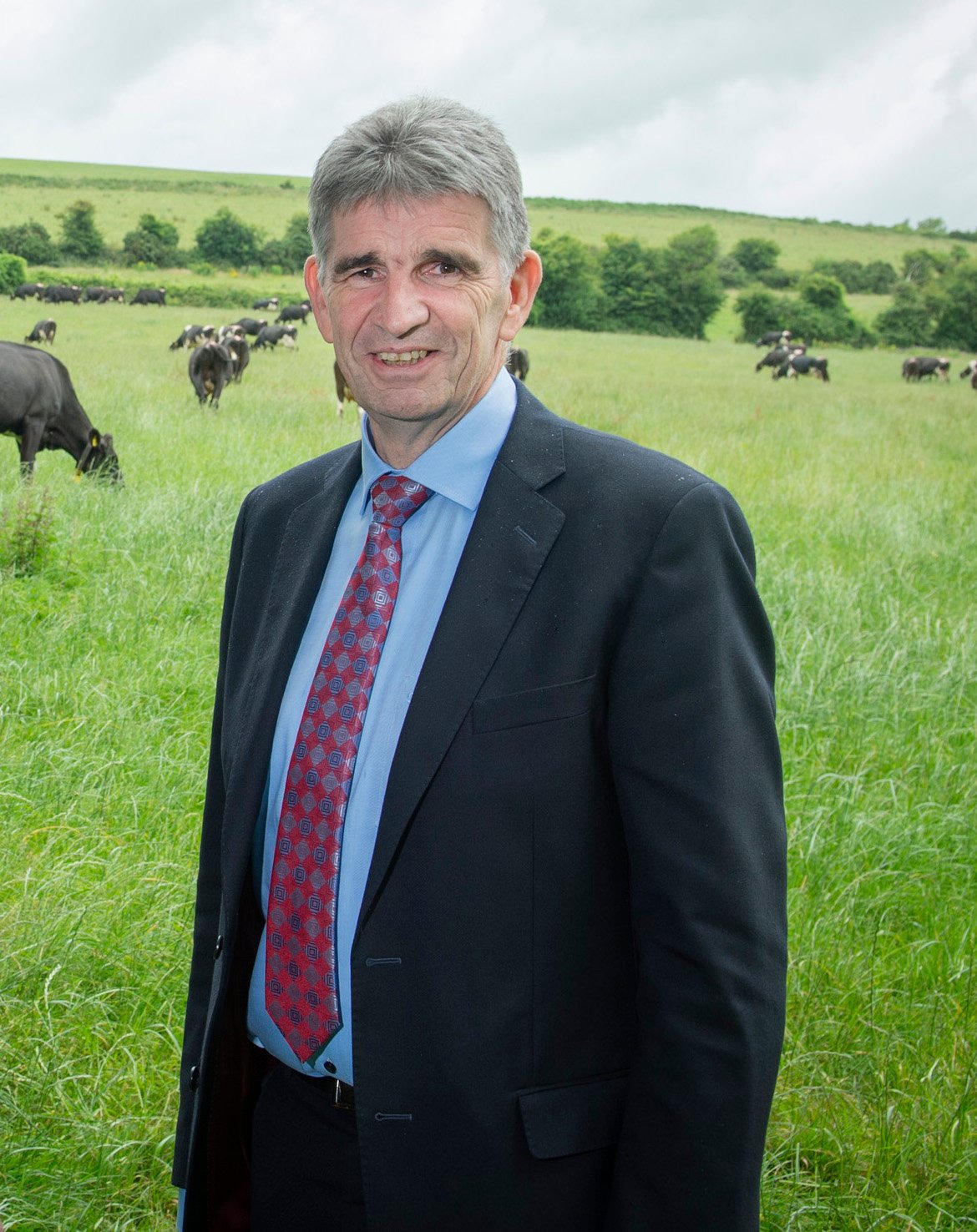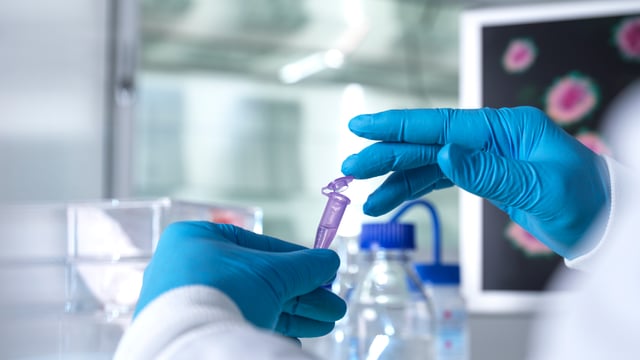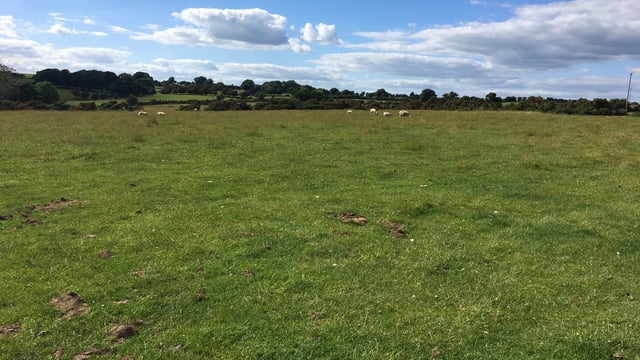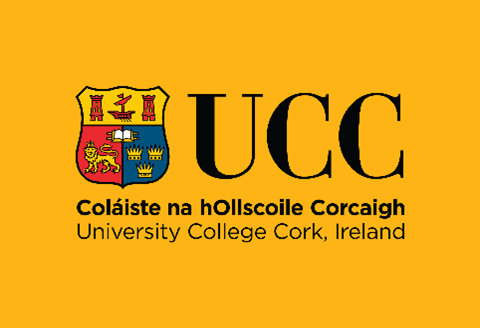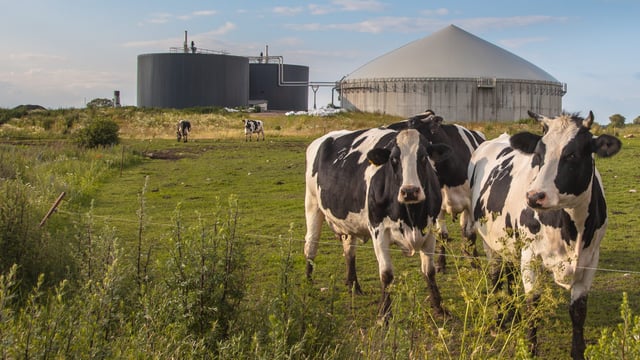Dairygold seeks to make €14m in savings in next 3 years
Dairygold has announced that it is seeking to make €14 million in cost savings across the business over a three-year period, from 2025 to 2027.
The board of Dairygold recently approved the implementation of a business optimisation programme, in conjunction with "2025 budget initiatives".
The co-op said that the programme followed a "comprehensive review" initiated in November 2024 to identify the measures to structure the business for "optimum efficiency, cost competitiveness, margin enhancement and future growth".
Dairygold said that the measures include manufacturing and operational efficiencies, organisational restructuring and the rationalisation of third-party expenditure.
The "organisational restructuring" is expected to include the loss of around 70 positions, over the three-year period.
The co-op said that this "additional headcount reduction" will be spread across the Dairy Ireland business, agri-business and business support and management functions.
"These will be achieved through a combination of natural attrition, redeployments and some voluntary redundancy.
"Dairygold will now initiate a process of communication and consultation with employees and their representatives to enable effective delivery of the programme," the co-op said in a statement.
Commenting on the business optimisation programme, Dairygold chief executive, Michael Harte said:
“Improving competitiveness and optimising our core business performance is fundamental to achieving our 2030 growth strategy.
"A period of significant labour, energy and materials price inflation together with interest rate changes have increased the cost base of the business."
"Meanwhile, our milk forecasting confirms that milk production is stabilising at 1.4 billion litres.
"It is timely now that we take stock, review our structures, and right size our business and optimise our performance while maintaining the flexibility to manage fluctuations in milk production when necessary," he added.
“Our overall strategy continues to be guided by our everyday goal - to maximise members’ income, by paying the strongest possible milk and grain prices and minimising input costs.
"Implementing the measures identified in the review will improve our long term competitiveness and ensure that we continue delivering on that goal," Harte said.

